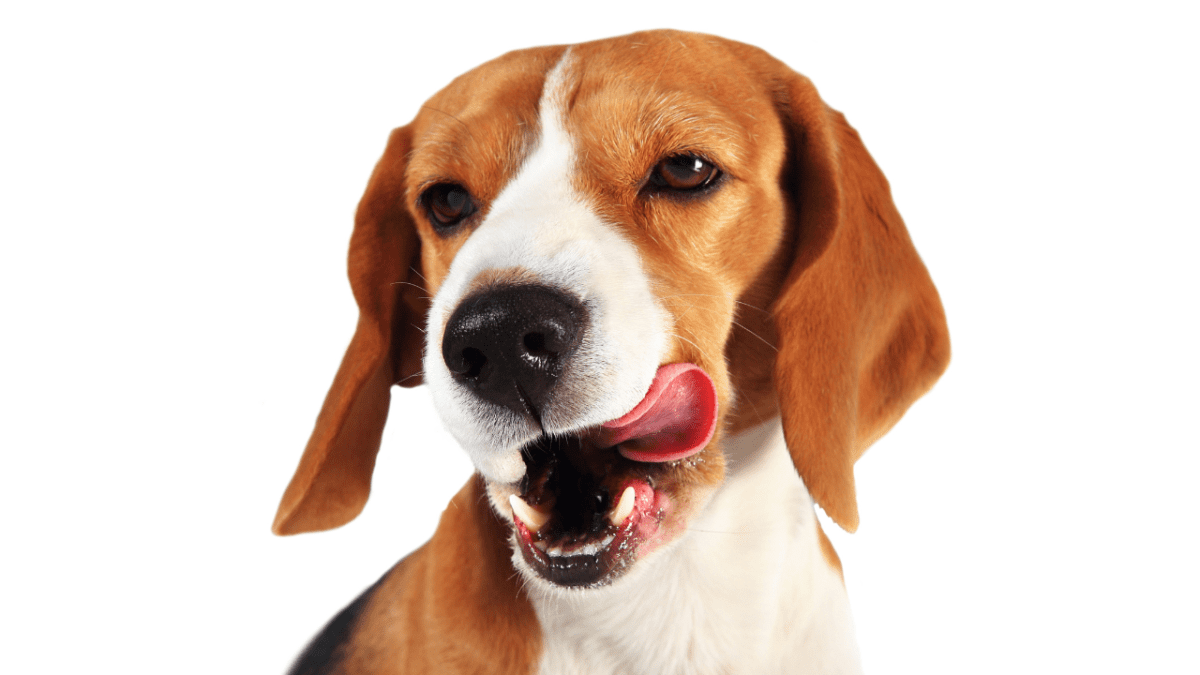
We’ve all experienced those pesky hiccups that seem to come out of nowhere and refuse to go away, but what if it’s your furry companion who can’t seem to shake them off? Dog owners often overlook or dismiss their pet’s hiccups as a minor inconvenience, assuming they will pass on their own. However, persistent hiccuping and swallowing in dogs may indicate an underlying issue that requires attention. Whether you have a service dog training in Minneapolis or a beloved family pet, understanding what causes these symptoms and how to address them is crucial for your dog’s well-being. In this article, we will delve into the possible causes of dog hiccups and swallowing, explore when it becomes a concern, and provide you with practical tips on how to alleviate your pup’s discomfort. So let’s get ready to embark on this hiccupping adventure together!
Understanding the issue of dog hiccups and swallowing
If your dog keeps hiccuping and swallowing, it can be a cause for concern. Hiccups in dogs are relatively common and usually harmless. They occur when the diaphragm muscle contracts involuntarily, causing a sudden intake of air that is then abruptly stopped by the closure of the vocal cords. This results in the characteristic hic sound. While hiccups are typically short-lived and resolve on their own, persistent or frequent hiccups may indicate an underlying issue.
Swallowing, on the other hand, is a normal bodily function for dogs. It helps them consume food and liquids efficiently while also preventing choking hazards. However, excessive swallowing or gulping can be a sign of discomfort or anxiety in dogs. This behavior may be triggered by various factors such as eating too quickly, gastrointestinal problems, stress or fear-induced panting, acid reflux, or even an object lodged in their throat.
If your dog experiences persistent hiccups or displays abnormal swallowing behaviors accompanied by other concerning symptoms like coughing, vomiting, lethargy, loss of appetite or weight loss – it is crucial to consult with a veterinarian to rule out any underlying health conditions that may require treatment. While occasional hiccups and mild episodes of swallowing are usually nothing to worry about, being attentive to your furry friend’s habits and seeking professional advice when necessary ensures their well-being and peace of mind for you as their owner.
Causes: Possible reasons behind these behaviors
There could be several different causes for a dog to constantly hiccup and swallow. One common reason is that the dog may have eaten too quickly or swallowed air while eating or drinking. This can lead to hiccups as the body tries to expel the excess air. Another possible cause could be gastrointestinal issues such as acid reflux or an upset stomach, which can also cause these behaviors in dogs.
In some cases, persistent hiccuping and swallowing may be a sign of a more serious underlying health condition. For instance, if the hiccups are accompanied by other symptoms like vomiting, diarrhea, or loss of appetite, it could indicate an infection or digestive disorder. Additionally, certain medications or medical treatments might cause these behaviors as side effects in dogs. If your dog keeps hiccuping and swallowing frequently and you’re concerned about their health, it’s best to consult with your veterinarian. They will be able to assess your pet’s specific situation and provide appropriate guidance based on their knowledge and expertise.
Observations: Signs to look out for in your dog
If you notice that your dog is hiccuping and swallowing excessively, it may be a cause for concern. Hiccups in dogs are relatively common and usually harmless. However, if your dog’s hiccups persist for an extended period or occur frequently, it could indicate an underlying health issue. Excessive swallowing, on the other hand, can be a sign of discomfort or even pain in your furry friend. It could suggest that something is stuck in their throat or that they are experiencing gastrointestinal problems.
Another observation to watch out for in your dog is excessive panting. While panting is a normal way for dogs to cool down, excessive panting could signify an underlying problem such as heatstroke or respiratory issues. If your dog is panting heavily even though they haven’t been exercising or are not in a hot environment, it’s crucial to monitor them closely and consult with a veterinarian if necessary.
Remedies: Tips and tricks to help alleviate the problem
If your dog keeps hiccuping and swallowing, there are a few remedies you can try to help alleviate the problem. First, gently rub your dog’s throat to stimulate the muscles and potentially stop the hiccups. You can also offer some water in case the hiccups are caused by dehydration. If these methods don’t work, distracting your dog with a toy or treat may help shift their focus and stop the hiccups.
Another remedy is to give your dog a small amount of honey or peanut butter, as both can help soothe irritation in the throat that may be causing the hiccups. However, it’s important not to give them too much since excessive consumption could lead to other health issues. Additionally, adjusting their feeding routine might also be helpful; smaller, more frequent meals instead of one large meal can prevent swallowing air and reduce the likelihood of hiccups occurring. Remember that if your dog’s hiccups persist for an extended period of time or are accompanied by other concerning symptoms, it’s always best to consult a veterinarian for further guidance.
When to seek veterinary assistance
If your dog is experiencing persistent hiccups and excessive swallowing, it may be a cause for concern and could warrant seeking veterinary assistance. Hiccups in dogs are not uncommon and usually resolve on their own. However, if your dog’s hiccups persist for an extended period or occur frequently, it could indicate an underlying health issue that requires attention. Additionally, excessive swallowing can be a sign of discomfort or pain in dogs, especially if accompanied by other symptoms such as drooling or gagging. Consulting with a veterinarian will help determine the underlying cause of these symptoms and provide appropriate treatment.
In some cases, persistent hiccups in dogs can be attributed to gastrointestinal problems like acid reflux or ingestion of something irritating to the digestive system. A veterinarian will perform a thorough examination to assess any potential issues related to the esophagus or stomach that might be causing these symptoms. They may also inquire about recent changes in diet or any exposure to toxic substances that could have triggered such reactions.
Conclusion: Ensuring your dog’s health and comfort.
In conclusion, taking care of your dog’s health and comfort should be a top priority for every pet owner. It is important to recognize and address any unusual behavior or symptoms that your dog may experience, such as hiccuping and swallowing difficulties. If your dog keeps hiccuping and swallowing excessively, it could indicate underlying health issues that require attention.
To ensure your dog’s well-being, it is recommended to consult with a veterinarian if the hiccuping persists or becomes more frequent.With insights from experts at Minnesota K-9 Solutions, they guide you through the steps to ensure your canine companion’s well-being and provide relief from their persistent hiccups and swallowing. They can perform a thorough examination and determine the cause behind these symptoms. It may be as simple as an upset stomach or something more serious like respiratory problems or gastrointestinal disorders.
